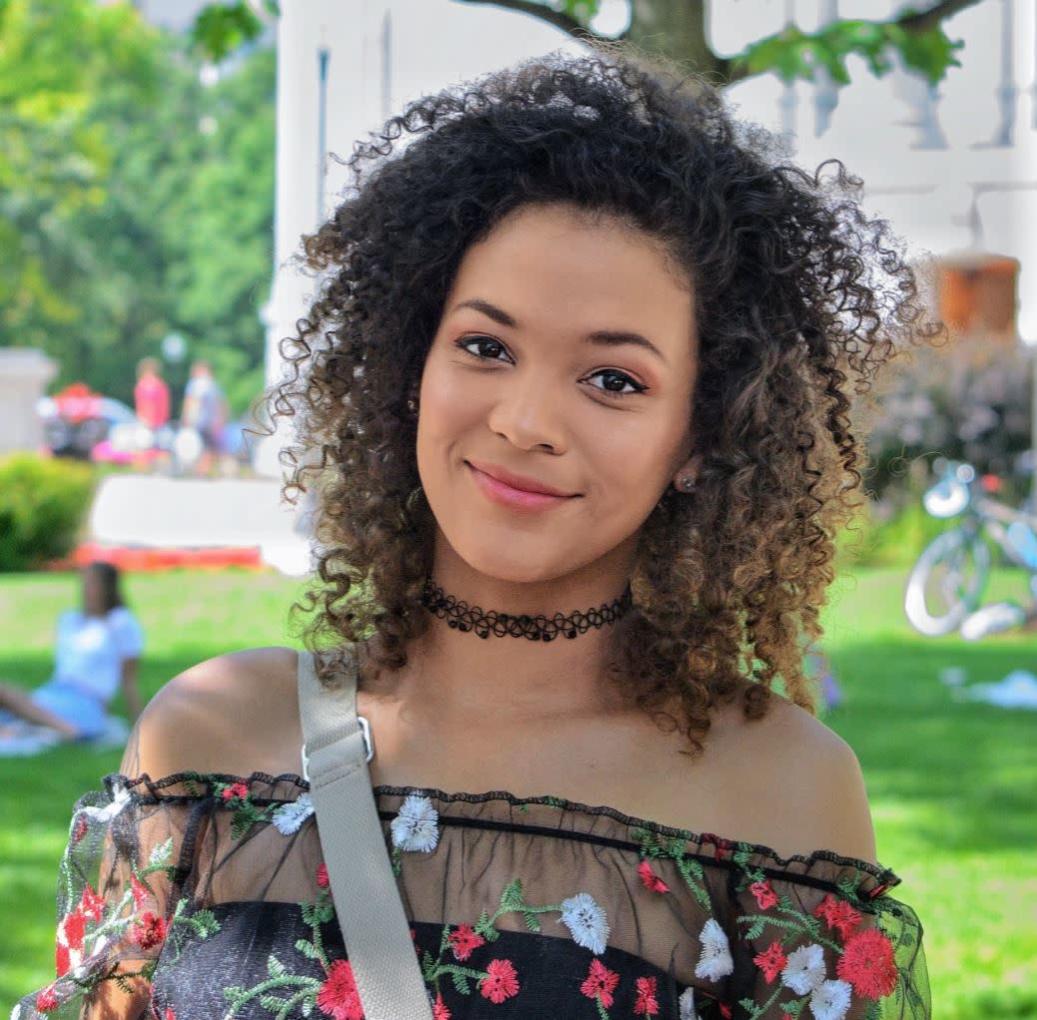
Should you get a PhD?
Wanting to pursue a PhD is a good enough reason to do so, at least in the opinion of a first-year PhD student known as myself. But how do you know that you really want to pursue a PhD? Here are some things to consider:
Money. The ever-growing cost of attending college in the United States has become a problem for the majority of people. Even if you land a graduate fellowship or work to pay for tuition, there may still be lingering debts from attaining your first degree. Weigh the potential costs in terms of both current and future earnings and see if that is something you can accept. Here is an example graph that I made to try and depict the potential difference in earnings for myself.
Flexibility. According to this Forbes article, 44% of people would be willing to take a 10% pay cut in order to work from home. The pandemic has given a lot of working people a taste of freedom, as helicopter managers were relegated to separate workspaces and people were able to swap dress suits and uncomfortable shoes for pajamas. As a graduate student I have found my job to be far more flexible than my friends. I know that I will be able to wear my comfortable clothes even when the pandemic is over. My hours, research topic, and work location are largely up to me. Do you need a job with more flexibility?
Aspirations. Do you want to go to graduate school? Does your family want you to go? What is your personal motivation in going to graduate school? Your own desire to get a PhD is what will drive you throughout the years and keep you motivated. Without this motivation, doing a PhD can be extremely difficult.
Time. Doing a PhD can take anywhere from 3-7 years of your life, and sometimes more. Are you willing to put in the amount of time required intensely studying a single subject in order to get the degree?
Mental Health. Whether you choose to pursue a job or an advanced degree first, know that nothing is worth the sacrifice of your own mental health! If you aren’t able to take care of yourself due to being in an extremely stressful job or program, I highly suggest taking time off or even leaving the situation fully to focus on yourself.
The following quote sums up the decision pretty well, while using advice from the Gods.
“Odin is the all father and the god of wisdom, poetry, and magic in Norse mythology. And he pursued knowledge at all costs…When he was trying to figure out how to read the runes, he sacrificed himself to himself by fasting and hanging wounded from a tree for nine days and nights. And, after that, he was able to read the runes…It gave him extra wisdom, but that wasn't enough for him. So, later on, when he wanted to gain even more wisdom, he went to Mimir, who was guarding the well in the roots of the tree, Yggdrasill. And he wanted to drink from this well because it provided cosmic knowledge…And, so, Mimir said, “No, if you want to drink from this, well, you have to give something up.”…So, Odin cut out his own eye so that he could gain wisdom and knowledge. And…that's good for Odin, but he didn't make this decision lightly at all. And he certainly didn't do it just because it seemed like the easy, or safe, or expected thing to do. He did it because his desire for knowledge was stronger than his fear of the pain... Also, Odin was a nearly omnipotent being, who didn't have to worry about paying rent, or buying food, or negotiating future salaries based on previous experience. So…don't just do a PhD because you think it's the safer option. Figure out how highly you value the knowledge that you would gain and then weigh that against what you would lose because there's a lot to lose by doing a PhD. And, if the knowledge comes out on top, then, then do that PhD…But, if the knowledge doesn't win out, then, then don't – don't do it.” - Moiya McTier on Spirits Podcast. Link to the podcast script: https://spiritspodcast.com/episodes/advice-from-folklore-with-moiya-mctier
Sincerely,
Jess
 Jess Turner is a PhD student in Freshwater & Marine Science at the University of Wisconsin-Madison, and she performs research in the Department of Atmospheric and Oceanic Sciences. She holds a bachelor’s in Environmental Engineering and a master’s in Environment & Resources. She studies wetland gas exchange and its response to paludiculture, eco-tourism, and other human influences, as well as the impact of green-grabbing on Afro-descendant and indigenous communities. Follow her blog for more.
Jess Turner is a PhD student in Freshwater & Marine Science at the University of Wisconsin-Madison, and she performs research in the Department of Atmospheric and Oceanic Sciences. She holds a bachelor’s in Environmental Engineering and a master’s in Environment & Resources. She studies wetland gas exchange and its response to paludiculture, eco-tourism, and other human influences, as well as the impact of green-grabbing on Afro-descendant and indigenous communities. Follow her blog for more.Images


